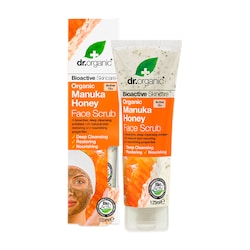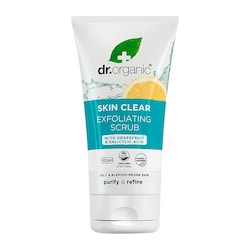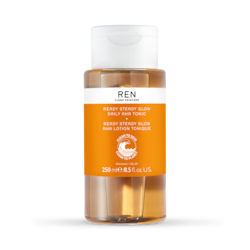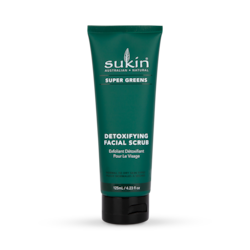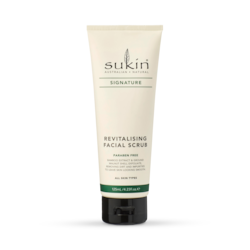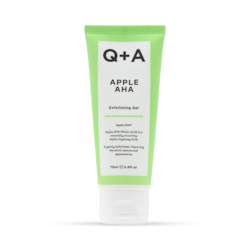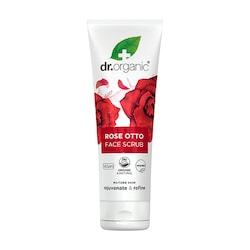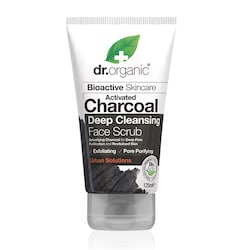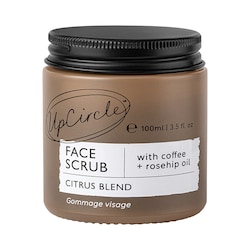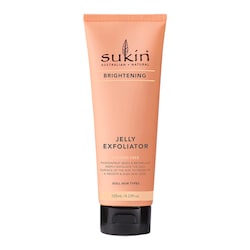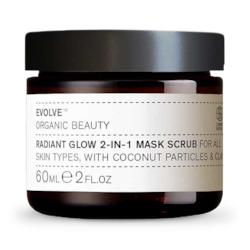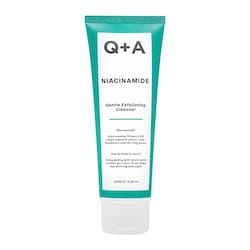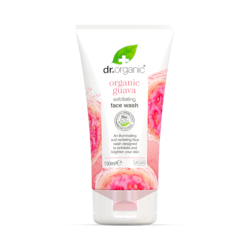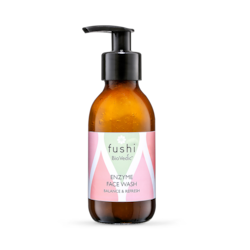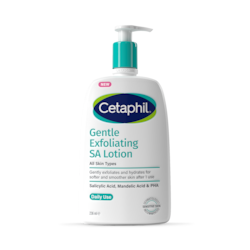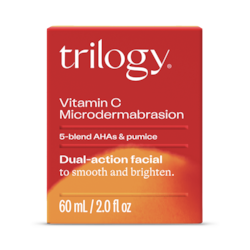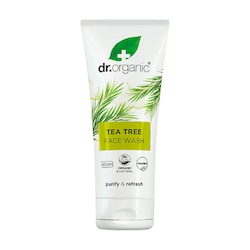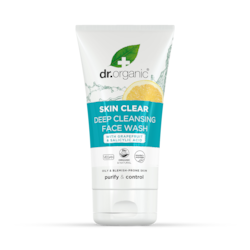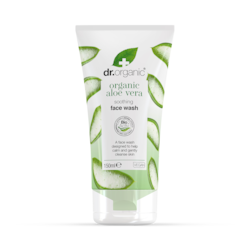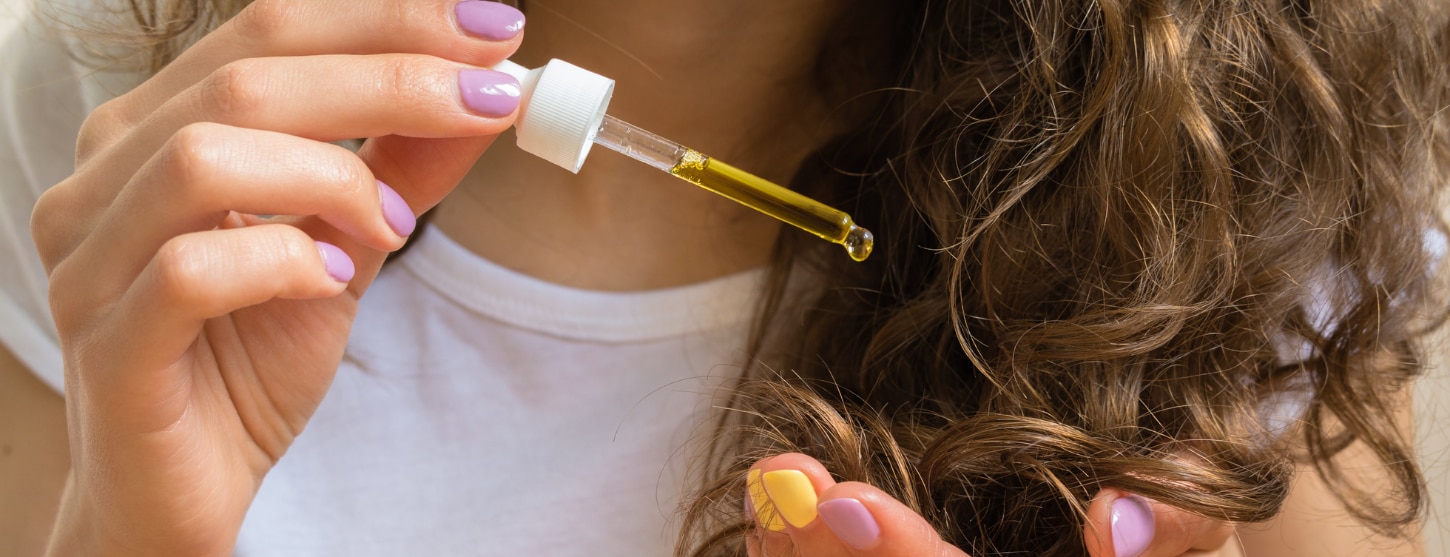15% off £20
Code:TREAT
Is retinol safe?
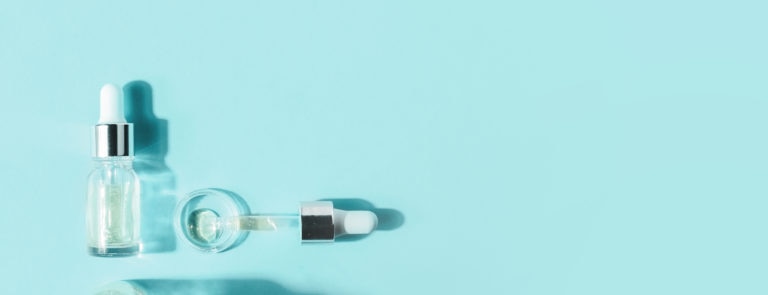
Have you been wondering - is retinol safe? We answer this key question, as well as talk you though what it is and the different types of retinol products that are available in this article.
Have you been thinking about venturing down the retinol route and found yourself wondering, ‘is retinol safe’ before you try it out?
If you’re anything like us, then you like to do a bit of research before trying out a new product, especially if it’s something that’s totally brand new to you.
You may have heard a lot about retinol, but have never got round to trying it out for yourself. Perhaps you’ve read lots of articles about retinol creams, serums, oils and gels or have heard good things about it from your friends or family?
Either way, retinol’s widely talked about within the skincare scene, and has been for many years now. It’s believed to have exfoliating and anti-breakout properties, while some people have been known to refer to it as a proven anti-ageing ingredient.
So, what is retinol?
Retinol is essentially vitamin A. It’s also a type of retinoid that works by stimulating the skin’s ability to produce new skin cells. If you’ve been wondering, ‘what does retinol do?’ Here’s the claims that you'll see on the packaging of retinol:1- Smoothing existing fine lines and wrinkles and minimising new lines and wrinkles – note: it can take up to 12 months before seeing an improvement in wrinkles2
- Exfoliating skin cells to produce brighter, smoother and newer skin
- Helping prevent pores from clogging
- Evening out complexions by fading marks, such as sun spots, acne scars and hyperpigmentation
Which retinol product should you go for?
All skincare products contain different ingredients and all of them work in different ways. They also all have the ability to impact our skin differently. Just because the last person to review the product you’ve got your eye on had an amazing experience, doesn’t necessarily mean the same’s going to happen to you, as everybody’s skin is different. Some people have dry skin, some people have oily skin, some people have ageing skin and some people have a bit of a mixture of everything. It’s precisely why it pays to do your research before experimenting with any new type of product, retinol included, especially as it’s available in both over-the-counter and prescription formulations.Over-the-counter retinol
These are products you can easily buy yourself online or in-store. One look at the small print, and you’ll see they contain different ingredients3 (some that are stronger than others):- Retinyl palmitate (the weakest of the retinoids)
- Retinol (the next strongest and most tolerable)
- Retinaldehyde (even stronger)
- Adapalene 0.1% (the strongest over-the-counter option that's also specifically formulated to treat acne and is prescribed by GPs)


